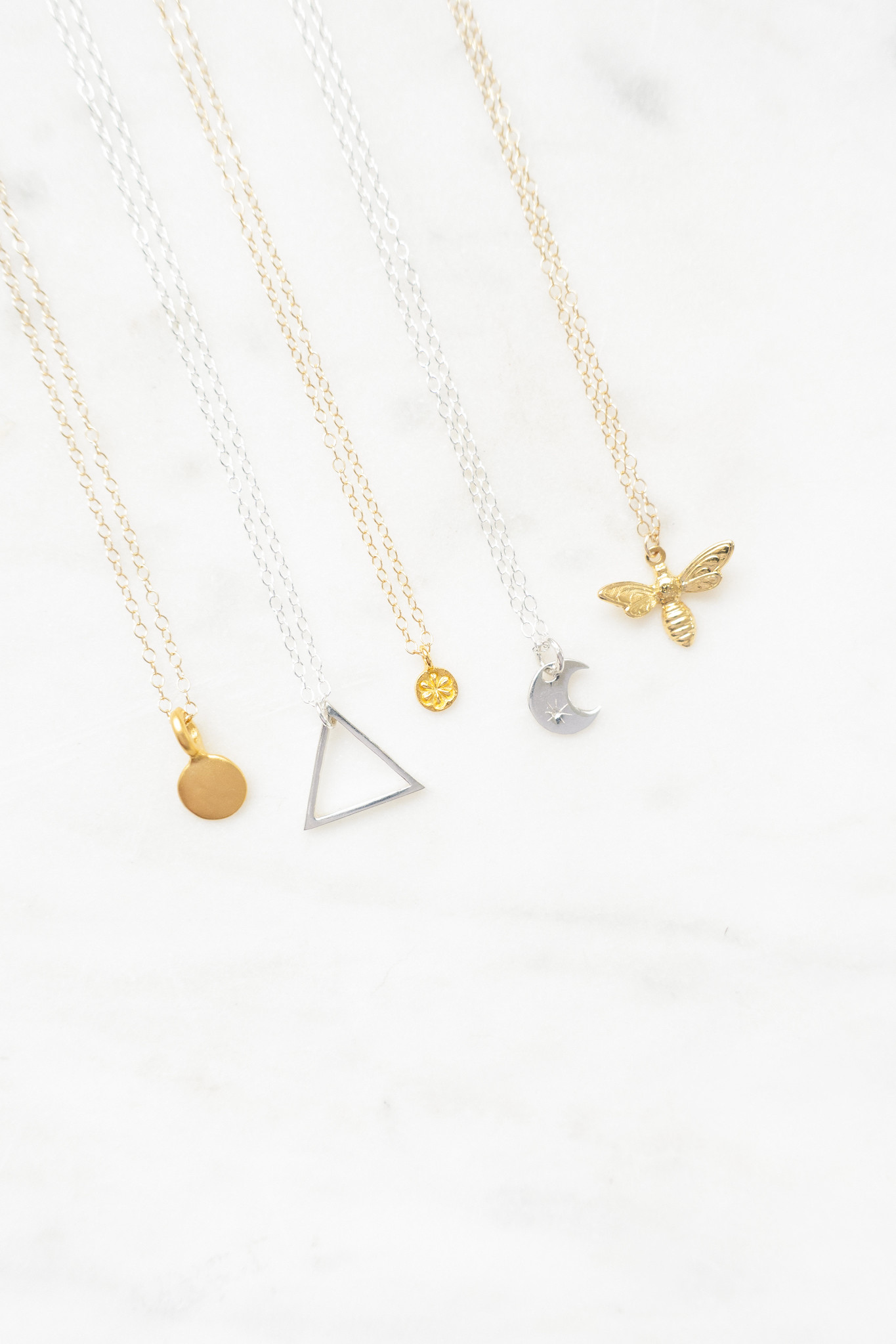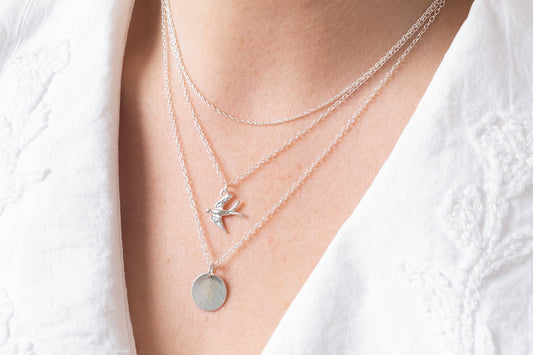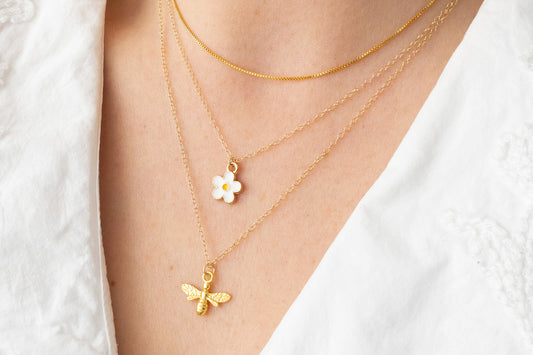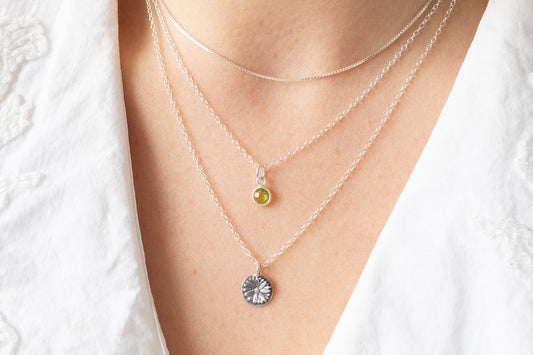What is Vegan-Friendly jewellery?

If you want to avoid animal cruelty when purchasing jewellery, you'll need to take a closer look at not only what the jewellery is made from but how it was made too. Surprisingly, not all jewellery is vegan. Both the manufacturing processes of creating jewellery as well as the materials it's made from can involve cruelty.
Jewellery is labelled vegan to indicate that no animal-derived materials have been used to make it. The majority of jewellery falls into this category. So just like the term 'recycled gold', the term 'vegan jewellery' is often used as greenwashing to make a brand appear more eco-friendly than it is.
However, jewellery made from different materials to precious metals isn't unusual. These materials are often derived from animals. Beeswax is commonly used in the manufacturing process while pearls, leather, silk, and wool are frequently for crafting jewellery.

Animal Exploitation In Jewellery
One of the most common non-vegan materials used for jewellery are pearls, which are produced naturally by molluscs. Pearls can also be cultured via a method that involves forcing an irritant into a live molluscs' shell. Either way, these creatures are put under stress and often killed in order to create these pearls.
Leather is another very popular material in jewellery making. This comes primarily from cows and pigs but exotic and sometimes endangered animals are used too. These animals are farmed and killed for their skin causing immense suffering to the individuals and a huge environmental impact on the planet. They're neither a sustainable nor eco-friendly option that won't biodegrade due to the chemicals used in manufacturing.
'Natural jewellery' often features the bones, teeth, or horns of animals. You'll also see feathers and fur used frequently, as well as things like shells and coral. All of these involve cruelty in the sourcing of these materials. Although some jewellers may claim they are 'ethically sourced,' it's very hard to provide evidence that this is the case.
Vegan jewellery isn't just about the materials used. It's also about the manufacturing process. Many jewellers use beeswax because of its versatility and usefulness in the manufacturing process of making jewellery. Beeswax can be used as a lubricant on tools, for polishing stones, casting pieces, and preventing rusting or oxidisation.

What is vegan-friendly jewellery?
As the sustainable movement has grown, 'vegan-friendly jewellery' has become a popular marketing term. But labeling jewellery as 'vegan-friendly' doesn't mean that it's completely cruelty-free, or even more sustainable. It's also important to look at how and where materials were sourced, and what else the jewellery is made from. Be wary of any brand who promotes their jewellery as vegan-friendly without also having a transparent ethics and sustainability policy, and detailed information on the materials they use and where they were sourced.
If a brand is promoting their jewellery as 'vegan-friendly' with no other focus on environmental issues or sustainability, you can be sure it's greenwashing rather than a genuine concern of the brand.
Why buy vegan-friendly jewellery?
There are plenty of alternatives to all these animal-derived materials that look and feel the same as the real thing without any cruelty involved - animal or human. Choosing to buy and wear vegan-friendly jewellery that is made sustainably helps save hundreds of thousands of animals from suffering.
Plastic-free leathers are being made from plants, simulated pearls can be made from glass, and there are vegan silk can be produced through fermentation. Or you can choose jewellery that doesn't use any of these materials, animal derived or not.
If you want to make sure your jewellery is cruelty-free, avoid any jewellers who use animal materials as described above. Take a close look at a brand's website to find information on their materials, where they were sourced, how their jewellery is made, and their sustainability policy.




